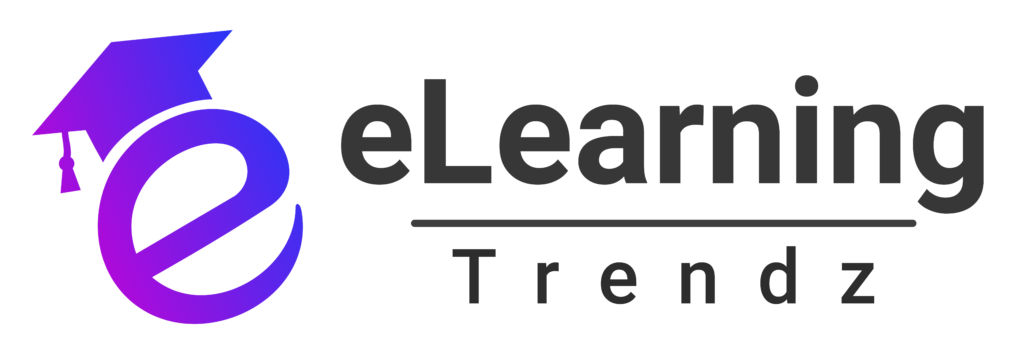As organizations continue to innovate, one of the most exciting developments in employee development is the rise of AI virtual coaches. These AI-powered tools are transforming the way mentorship programs are delivered, offering personalized guidance, feedback, and learning opportunities tailored to individual needs. In this blog, we will explore how AI virtual coaches are reshaping employee development, and how combining them with technologies like Virtual Reality is enhancing learning experiences.
What Are AI Virtual Coaches?
AI virtual coaches are artificial intelligence-driven systems that act as mentors, providing employees with personalized guidance, feedback, and learning resources. Using advanced algorithms, machine learning, and natural language processing, these coaches simulate real-world mentorship experiences. They can analyze an individual’s performance, recommend tailored development plans, offer real-time feedback, and even help with decision-making in complex situations. The virtual coaches’ ability to adapt to each employee’s unique learning style makes them an invaluable tool for organizations seeking to improve employee development.
The Role of AI Virtual Coaches in Employee Development
Employee development is crucial for organizational growth, and traditional mentoring models can be time-consuming and resource-intensive. By leveraging AI virtual coaches, organizations can scale mentorship programs and provide consistent, on-demand support to employees, regardless of location or time zone. Below are some key ways AI virtual coaches are enhancing employee development:
1. Personalized Learning Journeys
One of the standout features of AI virtual coaches is their ability to create personalized learning pathways for employees. By analyzing data such as performance metrics, skills assessments, and career goals, AI virtual coaches can recommend tailored courses, developmental activities, and learning resources. This personalization ensures that employees receive relevant and timely content, helping them progress faster in their roles. Additionally, AI coaches can track progress and adjust the learning path based on real-time performance, making employee development more dynamic and responsive.
2. Real-Time Feedback and Guidance
Traditional mentoring often involves scheduled meetings and feedback sessions, but AI virtual coaches provide instant feedback to employees. Whether it’s on a presentation, a project task, or a specific skill, AI coaches can analyze input and provide constructive feedback in real time. This immediate feedback loop is critical for improving performance quickly and fostering continuous growth. AI can also identify areas where an employee may need further development and recommend specific resources or actions to address those gaps.
3. Scalable Mentorship
Scaling traditional mentorship programs can be challenging, especially in large organizations with diverse teams. AI virtual coaches make mentorship scalable by providing each employee with personalized support, regardless of how many employees there are. With AI, companies can effectively expand their mentorship offerings without requiring a one-on-one relationship with a human mentor for every employee. This helps organizations reach more employees with the same resources, improving overall engagement and development.
4. Continuous Learning and Development
With AI virtual coaches, the learning process never stops. These tools can continuously monitor an employee’s development, recommend new areas of focus, and keep track of progress. In traditional mentorship, learning may be episodic, with gaps between mentoring sessions. AI coaches, however, enable a continuous feedback loop, ensuring that employees are constantly challenged, engaged, and learning. This makes AI-driven mentorship a perfect solution for today’s fast-paced, ever-evolving work environment.
Enhancing AI Virtual Coaching with Virtual Reality
The combination of Virtual Reality (VR) and AI virtual coaches is taking employee development to the next level. VR creates immersive, interactive environments that simulate real-world scenarios, providing employees with hands-on experience in a safe, controlled setting. When combined with AI virtual coaches, this creates a powerful learning environment where employees can practice skills, receive real-time guidance, and simulate complex scenarios that would be difficult or impossible to recreate in traditional training.
1. Immersive Training Experiences
Virtual Reality offers employees the chance to engage in immersive learning experiences that replicate real-world challenges. For example, an employee in a customer service role could use VR to practice handling difficult client interactions, while an employee in a leadership role might engage in VR simulations of managing team conflicts. The AI virtual coach provides real-time feedback during these VR scenarios, allowing employees to reflect on their actions and improve their performance. This combination enhances both practical skills and decision-making abilities in a way that traditional training methods cannot match.
2. Tailored Simulations
Generative AI allows the creation of dynamic VR simulations that are tailored to individual employees’ learning styles, preferences, and performance. For example, an AI coach might create different VR simulations depending on an employee’s strengths and weaknesses. If an employee excels in one area but struggles in another, the AI coach will adjust the VR experience to target the specific area of improvement. This ensures that each simulation is relevant and beneficial to the learner, enhancing their overall development.
3. Safe Space for Practice and Failure
One of the biggest benefits of integrating VR with AI coaching is the ability to simulate high-stakes scenarios in a risk-free environment. Employees can practice critical skills, make mistakes, and learn from those mistakes without facing real-world consequences. This safe space for practice fosters a growth mindset, encourages experimentation, and reduces the fear of failure, which is crucial for employee confidence and long-term development.
How AI Virtual Coaches and VR Are Shaping the Future of Corporate Training
The integration of AI virtual coaches and Virtual Reality is paving the way for the future of corporate training. By providing personalized, scalable, and immersive learning experiences, businesses are enhancing their training programs and developing a more skilled and confident workforce. Here’s how these technologies are shaping the future:
1. A More Accessible Learning Environment
AI virtual coaches, combined with VR, make corporate training more accessible to employees regardless of their location. Remote work and global teams are increasingly common, and these technologies allow businesses to provide consistent, high-quality training experiences to employees no matter where they are. This is especially important for remote corporate training, where traditional in-person mentorship and development opportunities may be limited.
2. Employee-Centered Development
As businesses move toward employee-centered development, the use of AI virtual coaches and VR ensures that learning is personalized to each individual’s needs and goals. These technologies remove the one-size-fits-all approach, enabling businesses to foster a more engaged, motivated, and high-performing workforce. The ability to continuously track progress, provide real-time feedback, and simulate realistic scenarios ensures that employees are always learning and improving.
3. Continuous Innovation
The ongoing advancement of AI and VR technologies means that the potential for employee development continues to grow. As these technologies evolve, businesses will be able to offer even more sophisticated and effective training programs. The future of corporate training is undoubtedly AI-driven, and those who adopt these technologies early will be better positioned to attract top talent and stay ahead in the competitive market.
Conclusion
AI virtual coaches, enhanced by Virtual Reality, are revolutionizing the way organizations approach employee development. These technologies provide personalized, scalable, and immersive learning experiences that empower employees to grow in their roles and reach their full potential. By combining the power of AI with the realism of VR, businesses can offer tailored training solutions that foster continuous learning, increase engagement, and improve overall performance. As AI-driven mentorship continues to evolve, organizations will be better equipped to develop a skilled, confident, and future-ready workforce.














